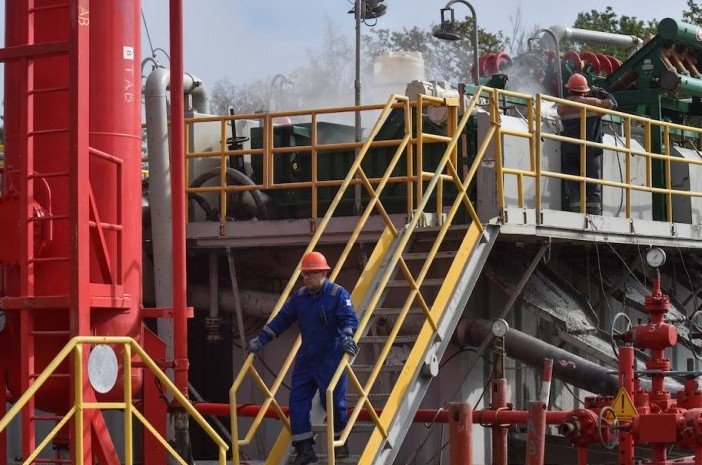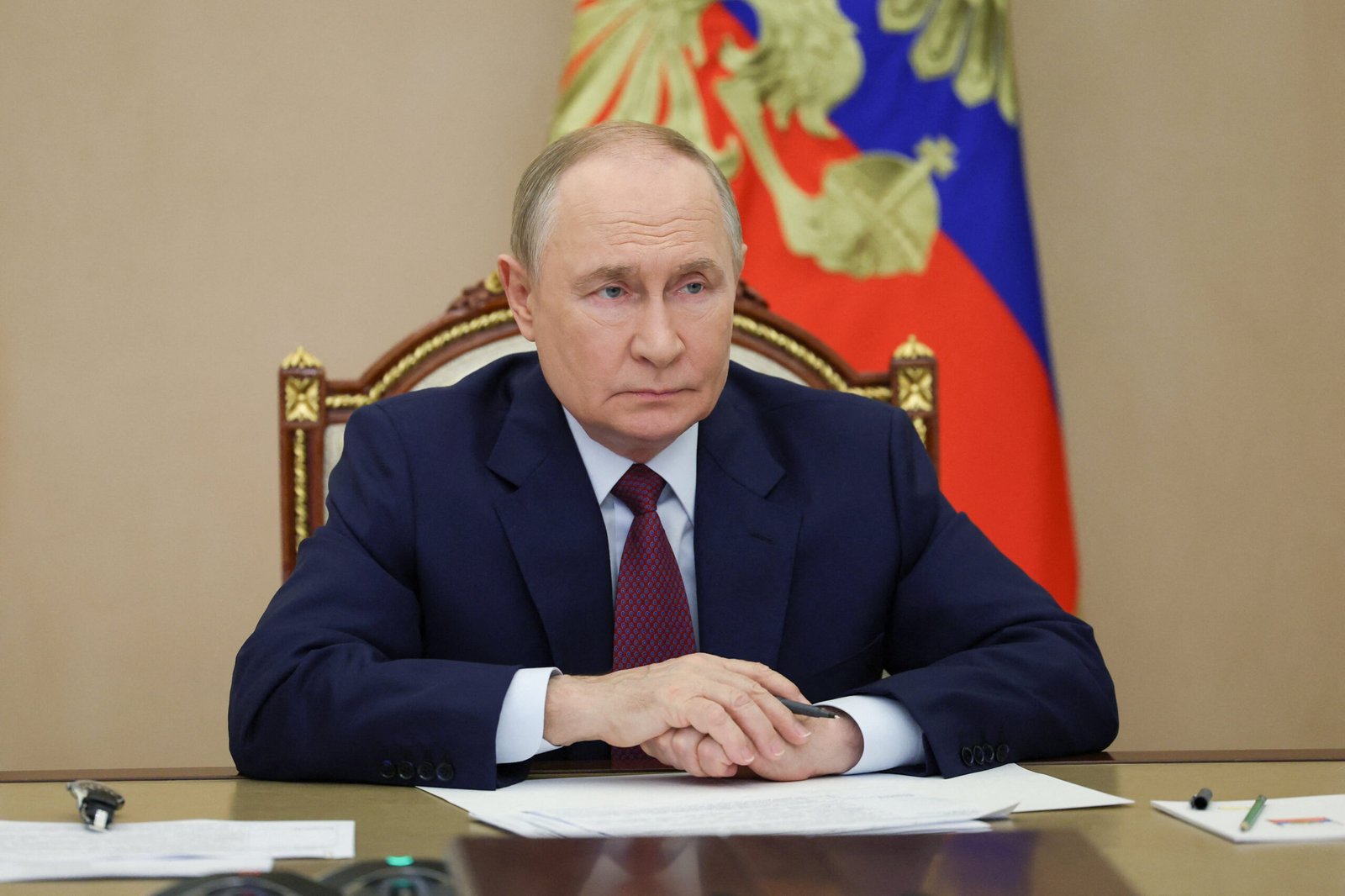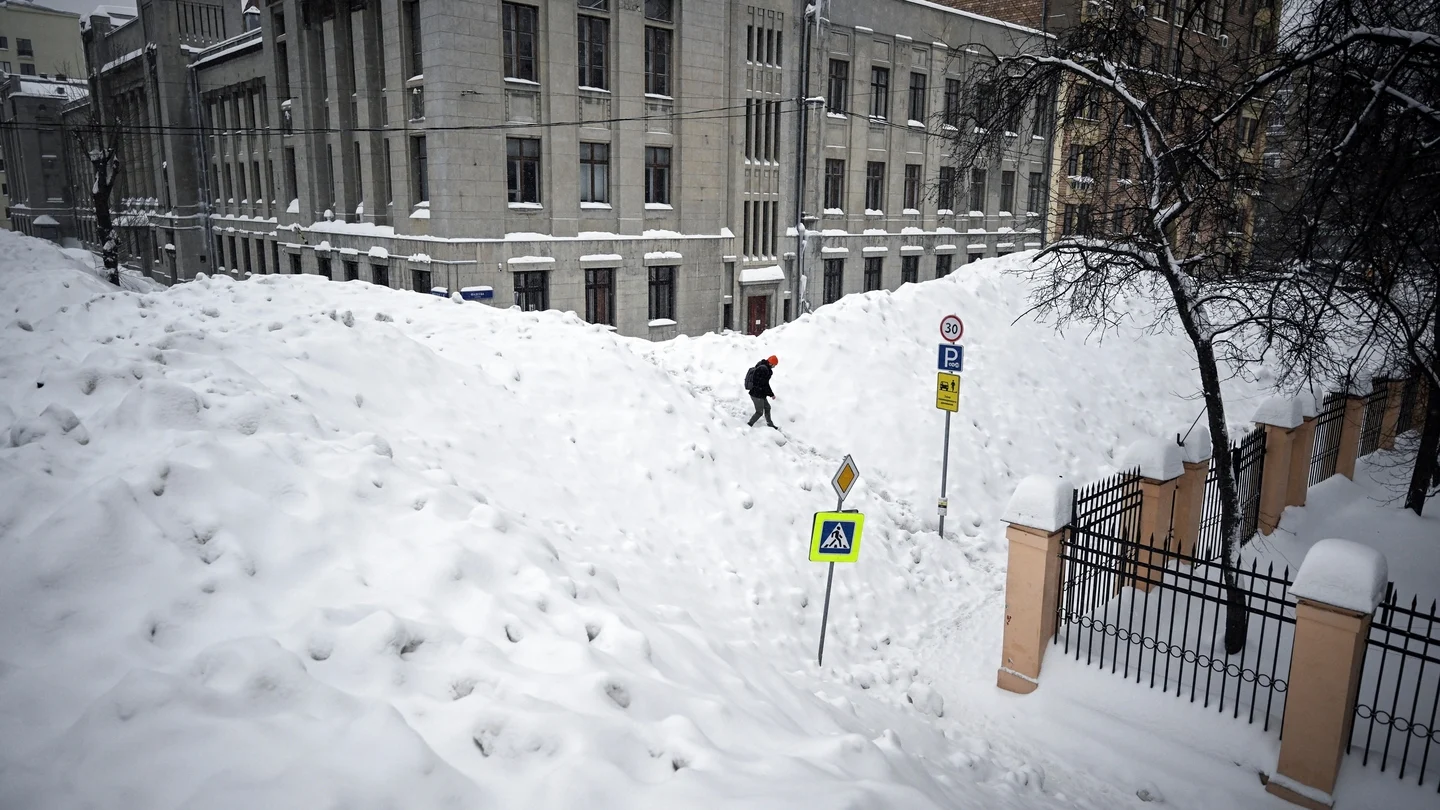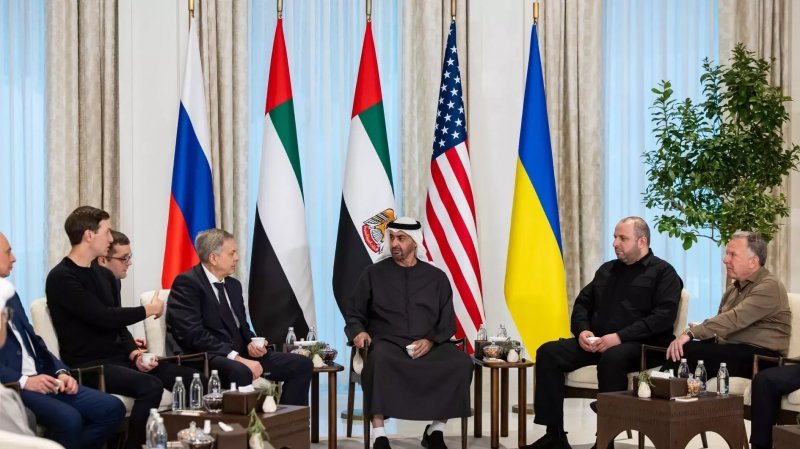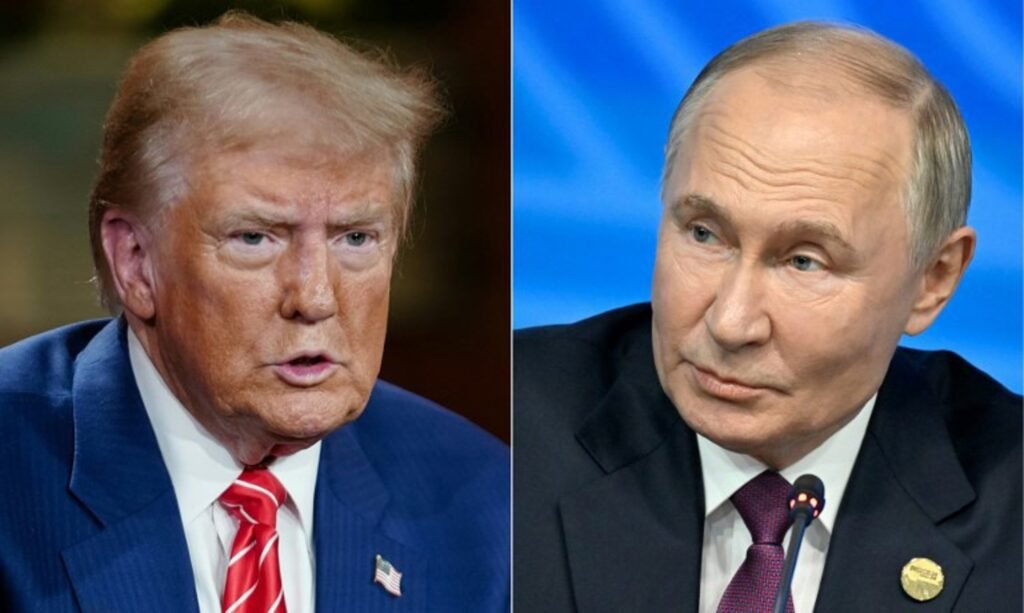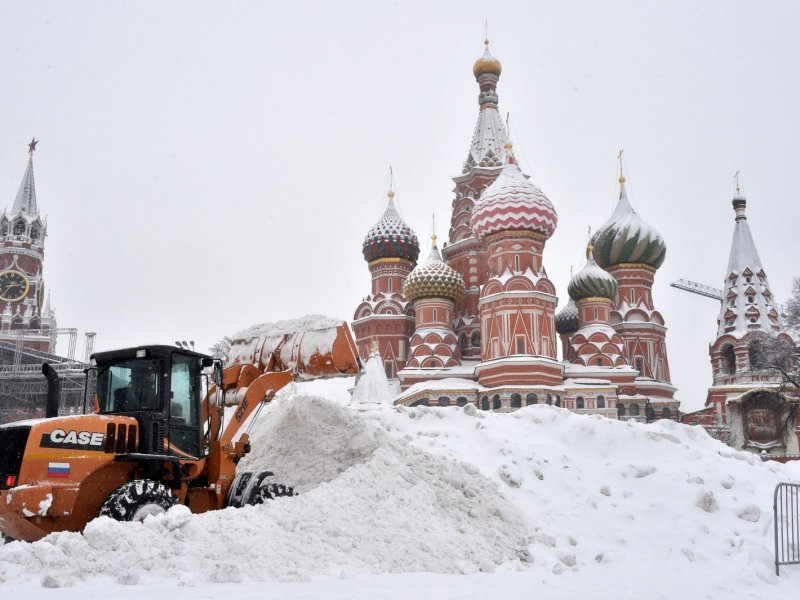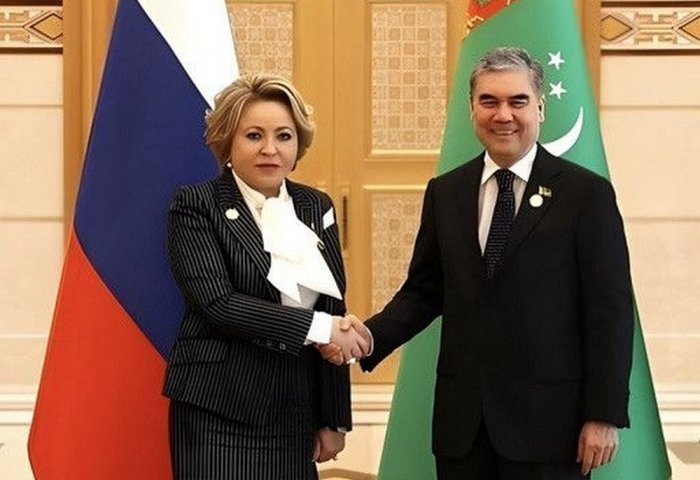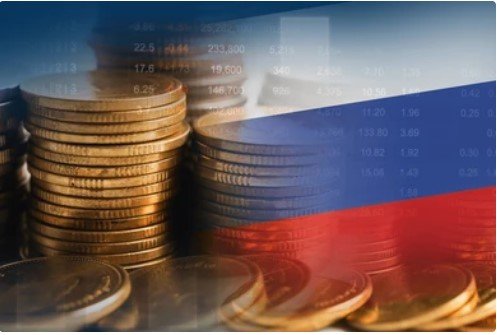Moscow, December 31, 2024 – The Europe Today: Russian President Vladimir Putin signed a decree on Monday mandating illegal migrants to either regularize their status or leave the country by April 30, 2025, as part of an intensified crackdown on irregular migration.
The decree specifies that foreign citizens and stateless persons must “leave the Russian Federation on their own or settle their legal status” during a grace period from January 1 to April 30, 2025. Those wishing to stay must meet stringent requirements, including submitting biometric data, undergoing medical checks for drug use and infectious diseases, and passing tests on the Russian language, history, and legal system. Migrants must also clear any outstanding debts and ensure the validity of their documentation, such as work or residence permits.
Exceptions are provided for undocumented individuals who enlist in the military, enabling them to avoid deportation.
Stricter Laws and Penalties
The move aligns with broader legislative changes introduced in 2024 to strengthen immigration controls. These include establishing a register of “controlled persons” to monitor undocumented migrants and granting authorities the power to expel such individuals without a court order starting February 5.
Organizing illegal migration has been classified as a “particularly serious crime,” with severe penalties, including the confiscation of assets obtained through human trafficking. This aims to dismantle trafficking networks and remove financial incentives for such activities.
Response to Security Concerns
The tightened regulations come in the wake of a terrorist attack at Crocus City Hall near Moscow in March, which claimed 145 lives and injured around 500 people. Investigations revealed the involvement of Tajik nationals, prompting a nationwide review of immigration policies.
Speaking at the St. Petersburg International Economic Forum in June, President Putin highlighted the dual need to address security threats while maintaining the labor force necessary for economic growth. “We cannot pretend this problem does not exist,” Putin stated, acknowledging Russia’s reliance on migrant workers due to demographic challenges and low unemployment.
Presidential press secretary Dmitry Peskov reiterated this position, emphasizing Russia’s openness to labor migrants for economic development, provided they comply with laws and regulations.
Focus on Integration
Recent legislative measures include requiring migrant children to pass Russian language tests before enrolling in schools, underlining the government’s emphasis on integration.
The Ministry of Internal Affairs will oversee the implementation of the new policies, which mark a significant shift in Russia’s approach to undocumented and stateless individuals. By centralizing control and tightening enforcement, the Kremlin aims to balance economic and security priorities while addressing the challenges posed by illegal migration.

